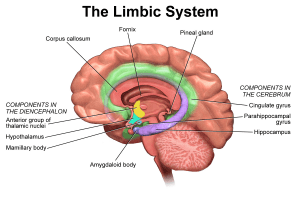Please think of the last time you were pleasantly surprised. What happened in your brain? Science suggests your brain released more dopamine and your brain’s reward centers became more active because you didn’t expect what happened. What does this have to do with ‘gamification’ and leadership?
What Leaders Can Learn From Game Design, Part 4: Surprise!









